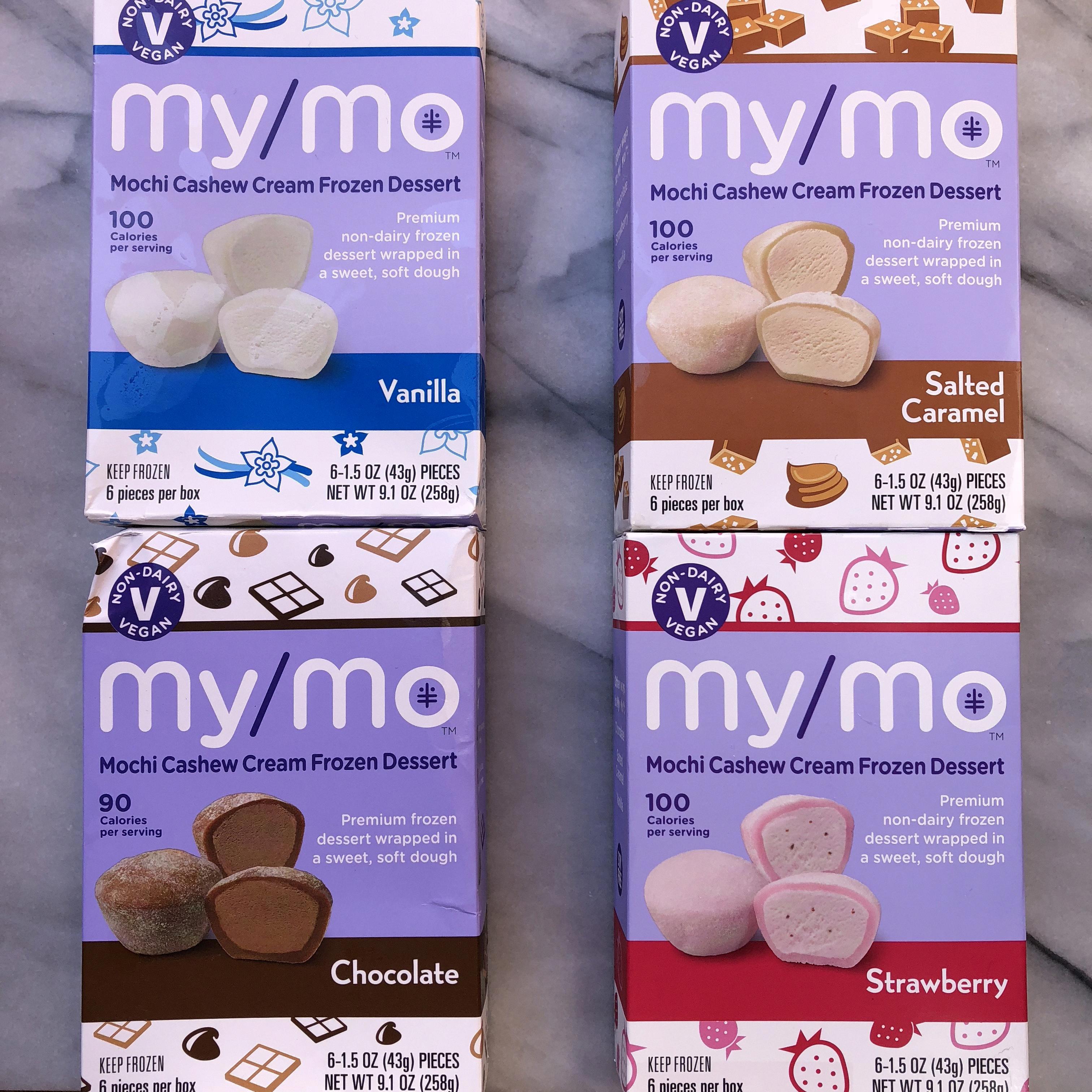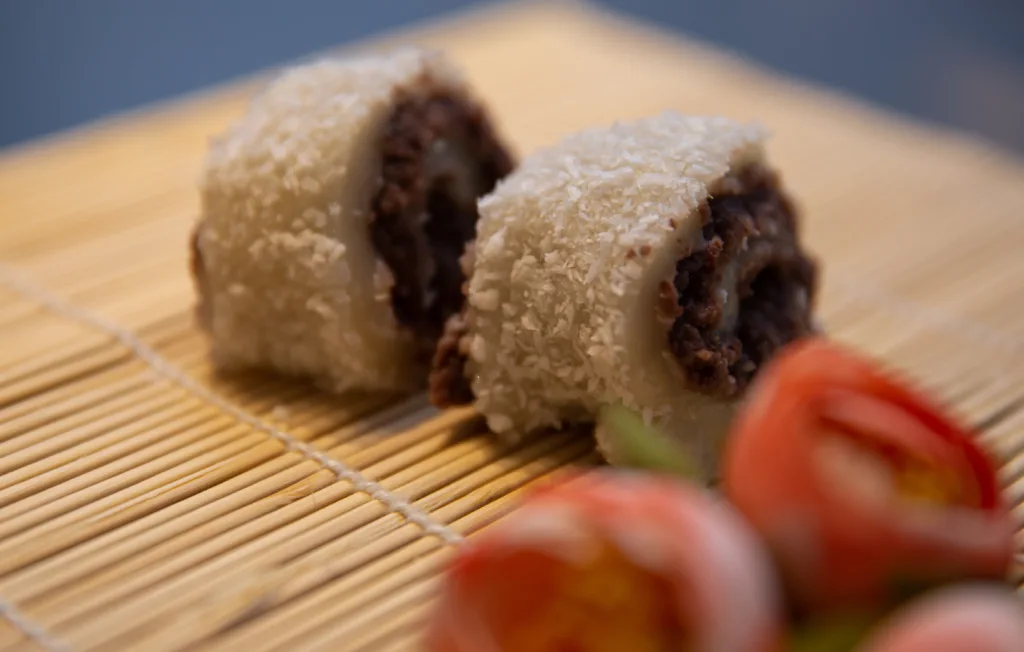Mochi is a traditional Japanese dessert that has gained popularity in recent years due to its unique texture and flavor. It is made from glutinous rice, also known as sticky rice or sweet rice. Despite its name, glutinous rice is gluten-free and safe for consumption by people with gluten intolerance or celiac disease.
Gluten is a protein found in wheat, barley, and rye, and it can cause adverse reactions in people with gluten sensitivity or intolerance. Mochi, on the other hand, is made from rice, which is naturally gluten-free and safe for people with gluten-related disorders.
Mochi can be enjoyed in a variety of forms, including as a sweet dessert or as a savory snack. Some popular flavors include pandan pistachio, hojicha, and matcha. Mochi ice cream is also a popular treat, with flavors like strawberry, chocolate, and green tea.
It is important to note that not all mochi products are gluten-free. Some mochi ice cream brands may contain gluten as an ingredient in their coatings or fillings. It is always essential to read the label and ingredient list carefully before consuming any mochi product.
Mochi is a gluten-free snack that can be enjoyed by people with gluten intolerance or celiac disease. Its unique texture and flavor make it a popular treat in Japan and around the world. However, it is essential to check the label and ingredient list before consuming any mochi product, as some may contain gluten as an ingredient.
Does Mochi Have Gluten In It?
Mochi is a Japanese sweet treat made from glutinous rice flour, which can be misleading because it does not actually contain gluten. Despite its name, glutinous rice flour is gluten-free flour made from rice, which has a sticky and chewy texture that is perfect for making mochi. However, some mochi products may contain wheat flour or other gluten-containing ingredients, so it is important to read the labels carefully before consuming them. Additionally, cross-contamination may occur during the manufacturing process, so it is best to purchase mochi from a reputable brand that specifically labels their products as gluten-free.

Is Mochi Gluten-free And Dairy Free?
Mochi can be gluten-free and dairy-free. Traditionally, mochi is made from glutinous rice flour, whch does not contain gluten. However, some varieties of mochi may contain wheat flour, so it’s important to check the ingredients list.
In terms of dairy, mochi itself is dairy-free, but there are types of mochi ice cream that contain dairy. It’s important to read the labels carefully to ensure that the mochi you are consuming is free from dairy.
If you are looking for a gluten-free and dairy-free snack, mochi can be a great option as long as you choose the right variety. Some popular vegan flavors include red bean, green tea, and coconut.
Are Mochi Bites Gluten-free?
MOCHI SNACK BITES are gluten-free. They are made from rice, which is naturally gluten-free. Additionally, they do not contain any wheat or other gluten-containing ingredients. Therefore, these snacks are a great option for people who have gluten sensitivities or celiac disease. If you are looking for a tasty and convenient gluten-free snack, MOCHI SNACK BITES are a great choice.
Is Glutinous Rice Gluten-free?
Glutinous rice is gluten-free. The term “glutinous” in glutinous rice actually refers to its sticky texture, not the presence of gluten. In fact, all varieties of rice are naturally gluten-free. Gluten is a protein found in grains such as wheat, barley, and rye, but it is not present in rice. The proportion of starches in rice varies by rice type, and glutinous rice contains a higher proportion of sticky starches than other types of rice. Therefore, if you have a gluten intolerance or celiac disease, you can safely consume glutinous rice as part of a gluten-free diet.

Conclusion
Mochi is a delicious Japanese treat that is naturally gluten-free due to its main ingredient, glutinous rice. This chewy and versatile dessert has become a popular option for vegans and vegetarians due to its dairy-free and gluten-free nature. However, it is important to note that not all mochi treats are gluten-free as some may contain dairy. Therefore, it is always best to check the ingredients before consuming any mochi product. But overall, if you are looking for a gluten-free and tasty dessert option, mochi is definitely worth trying.
